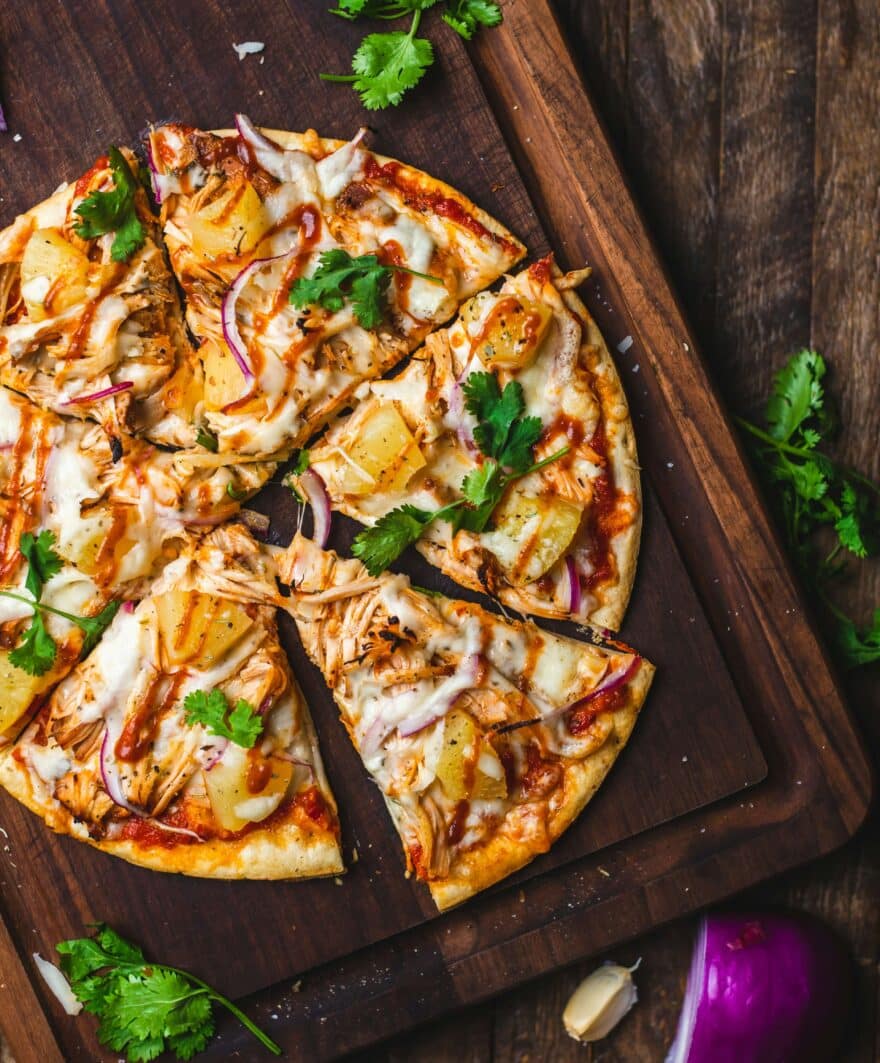Rising Obesity Rates: The Role of Junk & Ultra-Processed Foods
As more children worldwide face obesity rather than underweight, the spotlight falls on ultra-processed foods. Read more.

What’s stopping you?
Worried that you’ll be deprived for the rest of your life without the food you like?
Start quizUnprecedented times – For the first time in history, more children are obese than underweight worldwide. A report from the UN released by UNICEF alarmingly warns that ultra-processed foods are overwhelming childhood diets.
More than one in ten children, totalling around 188 million, are obese. This staggering figure presents a considerable health risk under the ongoing influence of ultra-processed food (UPF intake during a crucial growth period; our young generation faces potential life-threatening diseases later in life.
What’s most concerning is that global regions, except sub-Saharan Africa and South Asia, now report obesity as a more prevalent form of malnutrition than being underweight. Even in countries where child wasting and stunting due to insufficient food are rampant, obesity poses a real problem.
But what has caused this shift over the years?
The Blame on Ultra-Processed Foods
Findings from the report, “Feeding Profit: How Food Environments are Failing Children”, primarily implicate ultra-processed foods. Data from multiple independent sources in over 190 countries show a growing weight issue among five to nineteen-year-olds. More alarmingly, the percentage of obese individuals in this demographic has jumped from 30% in 2000 to 42% in 2022.
The dominance of UPFs, featuring additives like colours, emulsifiers, flavours, and often high sugar, fats, or salt, is standing out. Whether it’s cereals, biscuits, fizzy drinks, or ready meals, the influence of these industrial-processed products infiltrates even schools. The omnipresence and aggressive digital marketing to youngsters and parents make avoiding UPFs less a matter of personal choice.
Comment by Allen Carr’s Easyway
At Allen Carr’s Easyway, we agree with UNICEF’s call for governments to act.
Practical legal measures and policies can redefine our children’s food environment, such as labelling and marketing restrictions, food taxes, subsidies, or even banning junk foods in schools.
Programmes helping vulnerable families afford nutritious diets are also urgently needed.
In addition, help for those that are addicted to UPFs and sugar is needed, such as Allen Carr’s Easyway.
It is vital not to let the unethical practices of the ultra-processed food industry fail our children. We need to foster a world where each child’s potential isn’t compromised by their food surroundings.
What programme is right for you?
Both programmes are a form of spoken therapy delivered in simple English with no scare stories or images.
Both cover the illusions of the addiction/issue, question your beliefs, provide insights into why you think as you do, shows you how to gain freedom and changes the way you will think about the addiction/issue so that you can leave free without any feeling of loss or battle of wills.
The in-person group seminars are a live one-day course delivered by trained therapists, all of whom stopped with the method. They are delivered either online via Zoom and are in groups of up to 25 people. There are shorter booster seminars that are different to the first seminar for the few that require them.
The online video is a pre-recorded programme that can be streamed to your device. They range in length and are all presented by a therapist who has helped thousands of people to freedom. They can be accessed anywhere and at anytime.

